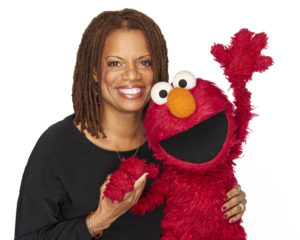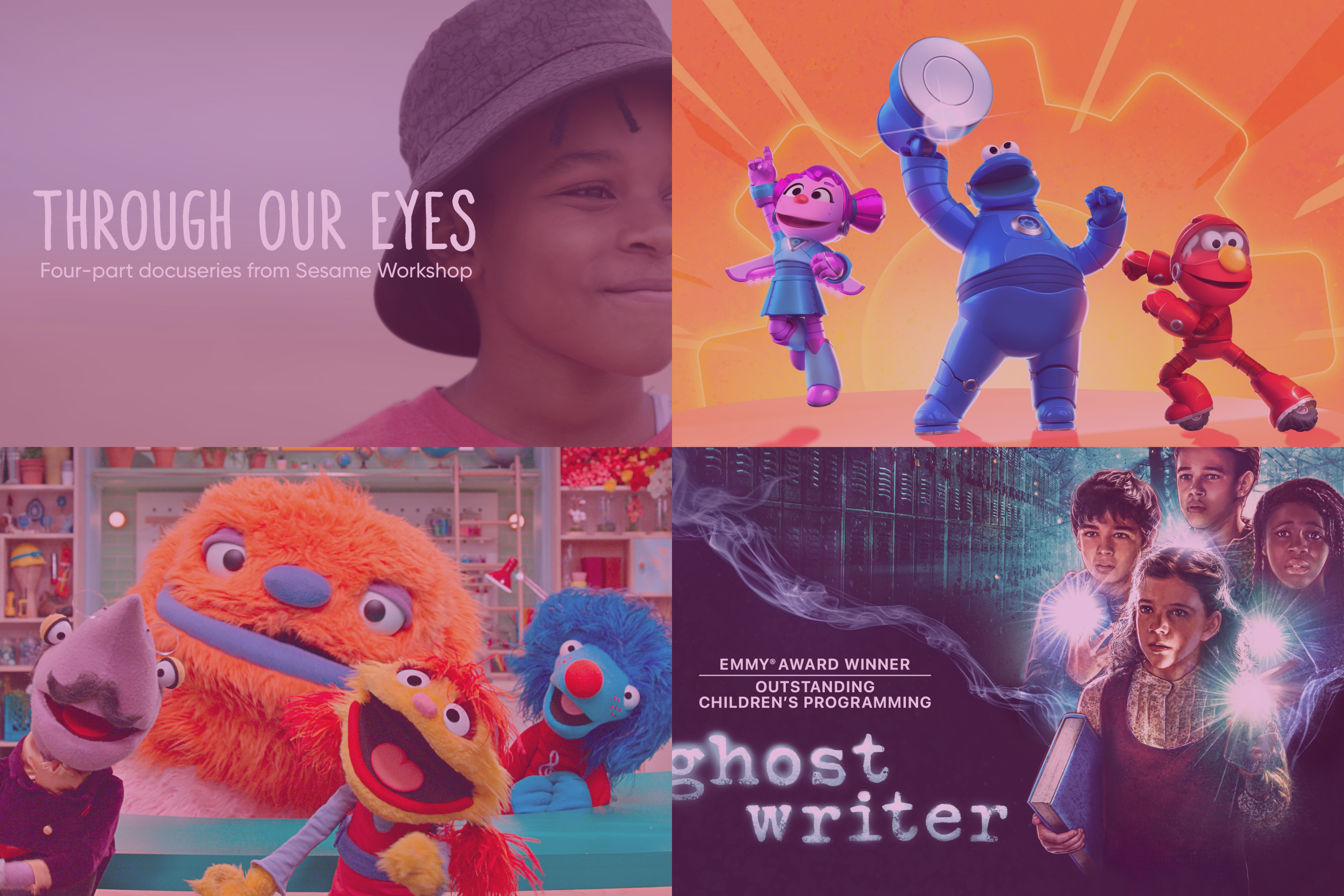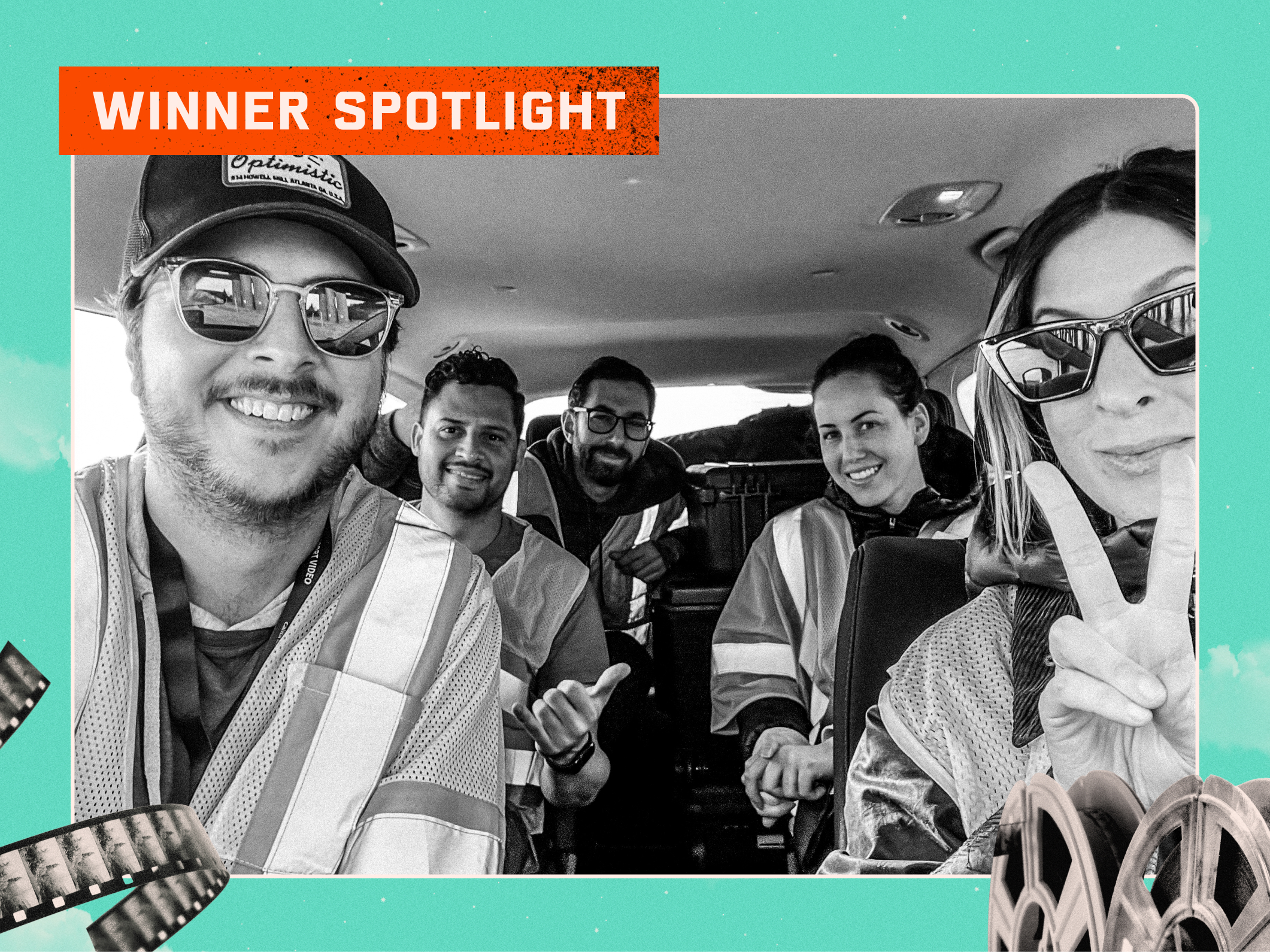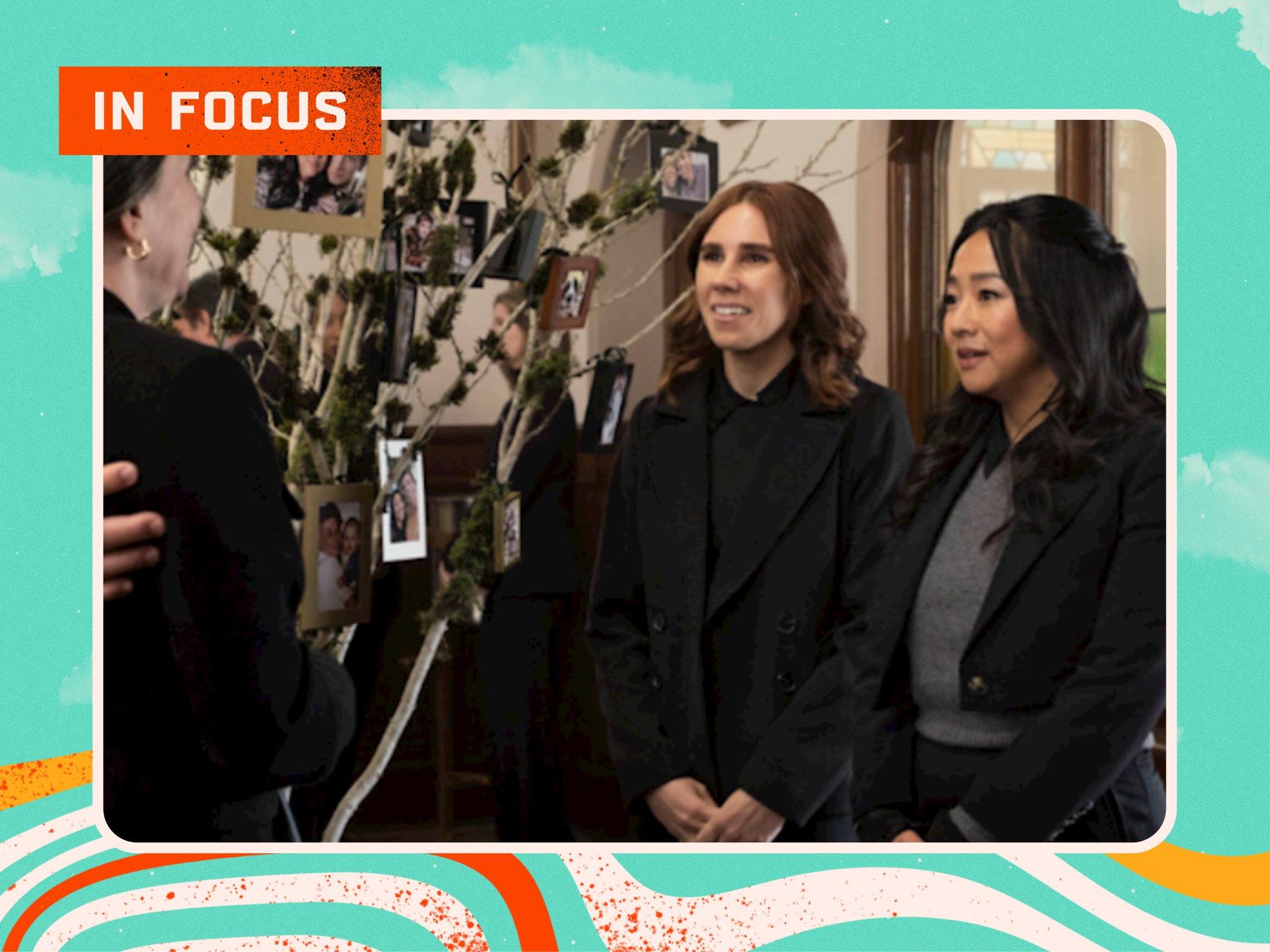For this month’s In Focus Interview, we are proud to feature the non-profit organization, Sesame Workshop. A 2021 Gold Telly Winner, Sesame Workshop has a long and successful history of producing educational children’s program, including it’s first and best known – Sesame Street.

Kay Wilson Stallings serves as Executive Vice President of Creative and Production for Sesame Workshop.
She oversees Sesame Street and all Sesame Workshop shows, as well as the development of new programs and content across existing and emerging platforms. Wilson Stallings leads creative for domestic production and partners with global teams to enrich and expand Sesame Workshop’s presence around the world.
She was most recently the SVP of Creative Development at Sesame Workshop, where she developed the first new Sesame Workshop shows in nearly a decade: the critically acclaimed and award-winning Esme & Roy, Helpsters, and Ghostwriter. In 2017, Wilson Stallings created and directed the first annual Sesame Workshop Writers’ Room, an intensive six-week competitive fellowship program dedicated to discovering, nurturing, and increasing the presence of writers with diverse voices in children’s media. Held at Sesame Workshop’s New York City office, participants come from across the country to meet weekly with industry writers, producers, agents, and executives, with two winners each year offered creative development deals. Upon completing the program, many participants find staff positions on kids’ series for production companies like Netflix, DreamWorks, Nickelodeon, and more.
Check out our In Focus Interview with Kay about Sesame Workshop below!
What are the creative goals for Sesame Workshop for 2022?
Our goal is to position Sesame Workshop for growth, innovation, and expansion. When we look at the next 3-5 years, we’re so excited about the future of our content production slate and engagement opportunities. We’ve created five content buckets. We have Sesame Street spin-offs, like the CGI-animated series Mecha Builders, where viewers will see their favorite characters re-imagined in new formats. Debuting later this year, Mecha Builders stars Elmo, Cookie Monster, and Abby Caddabby as robo superheroes-in-training ready to problem-solve out-of-this-world situations. We have original IPs like the award-winning Helpsters, a live-action pre-school series featuring a team of monsters who love to solve problems—whether it’s planning a party, climbing a mountain, or mastering a magic trick. Another bucket is re-imagined programs like the Emmy Award-winning Ghostwriter. The original mystery series first aired in 1992, and recently returned for a new generation of viewers who witnessed a ghost haunting a neighborhood bookstore and releasing fictional characters into the real world. We have non-scripted programs like Through Our Eyes, a documentary series that spotlights the perspectives of children as they experience some of the most challenging issues facing families today like parental incarceration, climate displacement, the wounds of war, and homelessness. And our last bucket is book-based properties, evergreen or written by a well-known author or celebrity, that we’ll develop and produce into a series. We’ll be announcing our latest project in this category shortly.
How is your work impacted by your mission “Helping Kids Everywhere Grow Smarter, Stronger, and Kinder?”
That’s always our first filter across the content we produce and the partners we engage. “Smarter” is defined by cognitive process skills such as focused attention, flexible thinking skills, planning, perspective taking, and listening. “Stronger” not only focuses on physical health and wellbeing; it’s also helping children manage their big emotions and build resiliency skills. “Kinder” encompasses a range of prosocial behaviors and skills such as empathy, compassion, and respect, as well as mindfulness strategies to help oneself regain a sense of calm and focus to refuel our brains and bodies.
What does the creative process look like at Sesame Workshop? Does it differ from project to project? If so, how?
We always start by asking, “what are kids’ most critical needs today?” That’s what grounds us. One year, kids may need to develop skills in one area, the next they need to grow in another.
For Sesame Street, once we identify a specific issue, we hold a curriculum seminar, where our team consults with child development experts, educators, and subject matter consultants to hash out the season’s educational goals. Then comes formative research: once we have scripts, ideas for new formats, or digital games, we test everything with the real experts – kids. We assess appeal, engagement, and comprehension.
For original IPs, we collaborate with the curriculum team, but it is very character-driven. We want to see strong characters that viewers will have emotional connections with. We want an interesting look and feel. We want our content to look very distinct and something you haven’t seen a hundred times before. We specify that we’re looking for a show that does x, y, and z, and we share the criteria we have in mind. We give that creative brief to “our good peeps”—a targeted group of people, comprised mostly of writers, to submit their ideas. Part of the development process is pairing the selected writer with an artist who can help bring the stories visually to life. And together, we create the bible and the pitch.
Whether you start with the curriculum, as we do with Sesame Street, or the creative, as we do with original IPs, in the end, they organically come together. After we create and distribute the content, we evaluate to make sure that our ideas worked. Did we accomplish our goals? Did we have a real educational impact? We take what we learn, and we iterate.
What are the most important qualities to have on a creative team at Sesame Workshop?
Like with any team, you want passionate people who believe in the mission and content you produce. You want strong collaborators because with production, there are a lot of voices in the room and you’ll need to find compromises. And you’ll want organized team members because any decisions made will have a ripple effect and you need people to effectively move the production forward.
Has your work structure had to change given the volatility of the industry due to coronavirus? (Has your process had to change due to covid-19 restrictions?)
100%. With COVID requirements and guidelines, we’ve had to decrease the footprint on our set. We’ve only allowed essential crew to be onsite and many of our production team members are joining virtually. We’ve also done more on-location shoots where we’re outside and able to socially distance. Lastly, even before the pandemic, we were developing a virtual set and we were able to utilize it in November for one of our specials. COVID definitely made us more efficient.
If you could give advice to creatives today, what would it be?
Have a strong and clear vision of your idea. You need to be flexible but know what’s non-negotiable. You need to be open to feedback that can potentially make your concepts stronger, but be firm in what makes your idea uniquely yours. Admittedly, it’s a fine balance.
What does winning a Telly Award mean to your team?
For 52 years, we’ve been telling compelling stories with some of the most memorable characters. We’ve sparked imaginations and made deep personal connections with multiple generations. And our plans are to continue innovating, experimenting, and creating the content kids love and parents trust. It’s such an honor to be recognized by our peers in the industry for this work.





